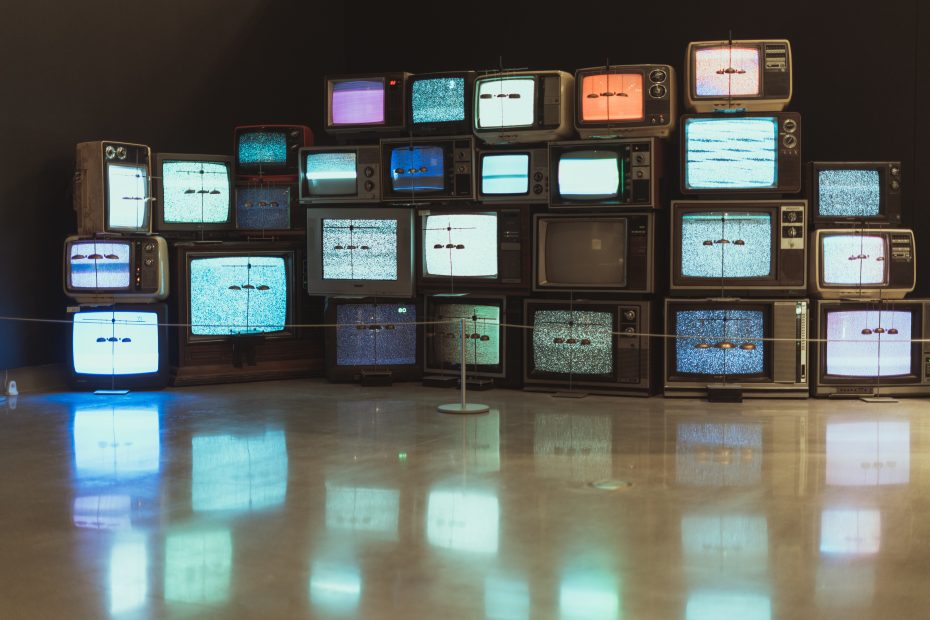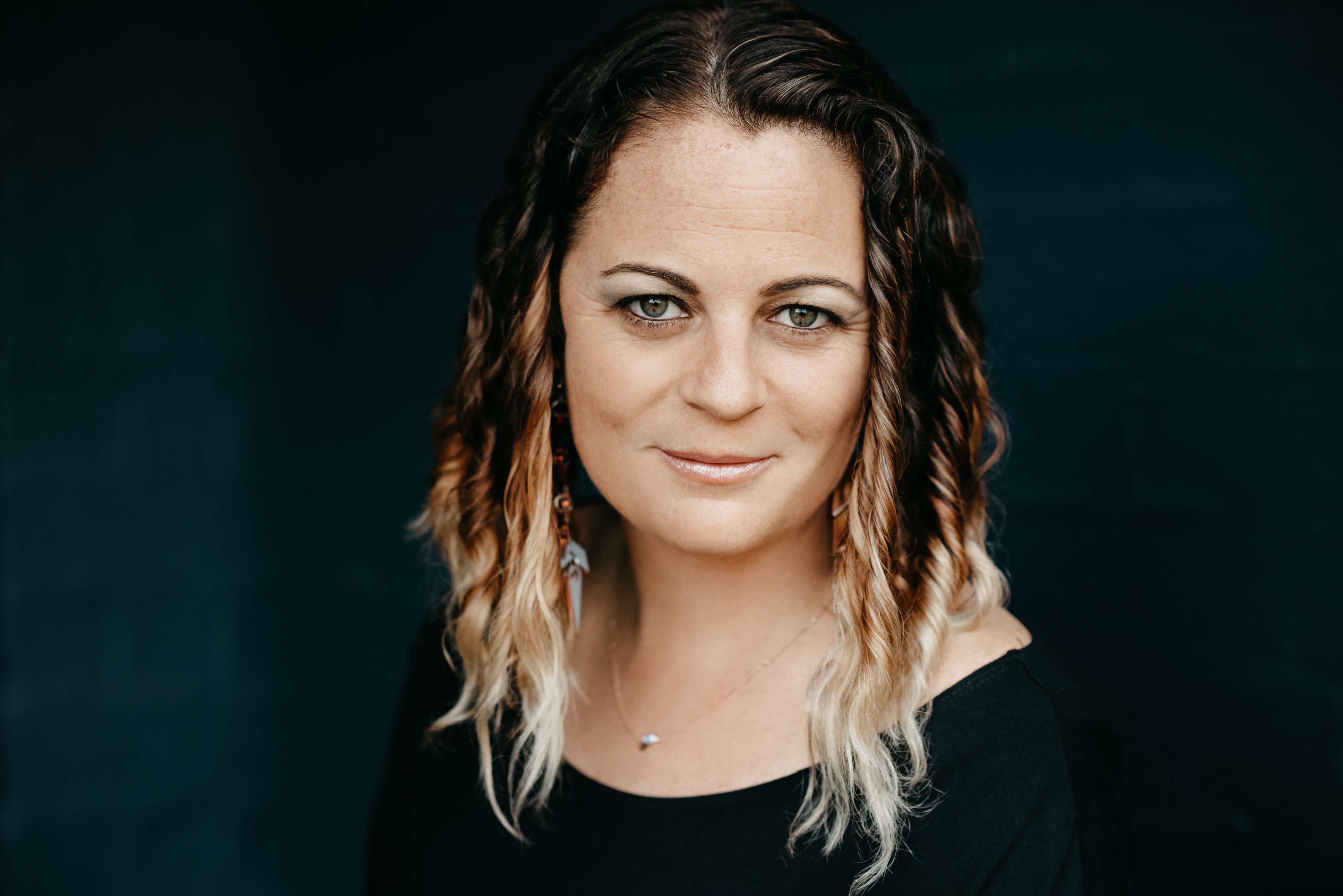Well-written and well-acted TV shows have proven to aid people going through the pain of losing loved ones.
It is well-accepted that art is a reflection of life.
It’s also been proven to have the power to heal, sometimes better than other alternatives, particularly regarding the emotional pain and suffering resulting from the death of someone close.
For example, while someone may not be comfortable opening up in counselling groups or even interacting with close friends and relatives when grieving, they can find catharsis upon watching a film or series depicting loss and grief sensitively and sensibly.
Through the performance on screen, even though it may be a fictional setting, people may better understand and learn about their grief and get a sense of feeling seen and understood.
A potent healing tool
According to specialist counsellor with the Australian Centre for Grief and Bereavement, Anita Hoare, TV shows and movies can be a potent healing tool that can remain lifelong.
“In the case of sudden death or suicidal cases, people tend to go into shock for a long time, and it can be difficult to heal the wounds,” Anita says.
“But TV shows can be a powerful mechanism to help with this.
“The characters and situations portrayed on these shows reflect actual lives in one way or another. Sometimes watching a person going into a self-destructive mode due to grief could inspire a person going on a similar path to redeem themselves. It could also help people to be sympathetic to their grieving friends’ or relatives’ emotional and behavioural changes.
“The reality is that people often can relate to stories on the small screen better than direct discussions. Watching a show on TV can also help distract people from thinking about the traumatic experience that happened in their life.
“Another advantage is you can access those that have helped with grieving many times over if needed, mainly when dealing with memorable moments like birthdays and anniversaries of loved ones.
“Many people are obsessed with social interaction on these important days, but for those who have lost someone close, these days can become a trigger, so instead of looking at social posts celebrating these days, you would be better watching a good show or movie.”
Offspring: a go to for grieving
For Anita, she points to the popular TV series, Offspring as an excellent go-to TV program to support those that are grieving.
“It was out in the late 2000s, and when one of the central characters died, there was a sense of national mourning in the society. The series was well scripted, had powerful casting, and had a unique storyline,’’ Anita said.
A slew of shows – which further expanded as a result of the arrival of streaming services – have death as their central plot point and do not shy away from portraying how different people grieve.
In the series Sorry For Your Loss on Facebook Watch, Elizabeth Olson plays a young widow who struggles to go ahead with life after the death of her husband. In NBC’s Go On, Matt LeBlanc plays a sports commentator whom his boss forces to face his grief of losing his wife. Meanwhile, in Dead To Me on Netflix, Christina Applegate plays a real estate agent trying to handle her life, children and career while trying to find the person who ran over her husband.
The first is a drama; the second is a dramedy; the third blends drama, comedy and a murder mystery. But all three address the key themes of death, loss, grief, trauma and catharsis adeptly.
And it’s not just fiction; there are well-made documentaries that show diverse perspectives of death. HBO’s Alternative Endings: Six New Ways to Die in America is one such work that featured six stories about people who were nearing death and families of recently deceased. They decided to deal with death differently than others by holding unique memorial activities and end-of-life preparations.
Shows such as these influence people’s thoughts and attitudes towards death, undoubtedly helping the grieving get much-needed cathartic release.
The information on this website is for general information only and are not (and nor are they intended to be) a substitute for professional medical or mental health advice, nor is it used for diagnosis and treatment. You, or anyone you are concerned about, are encouraged to seek professional medical or mental health advice and treatment from suitably qualified medical and clinical practitioners and providers.
Our full terms and conditions are available here
If you are in crisis or think you may have an emergency, immediately call Emergency 000. If you're having thoughts of self-harm or harm to others call Lifeline on 13 11 23 to talk to a skilled, trained counsellor. If you are located outside Australia, contact your local emergency line directly.






